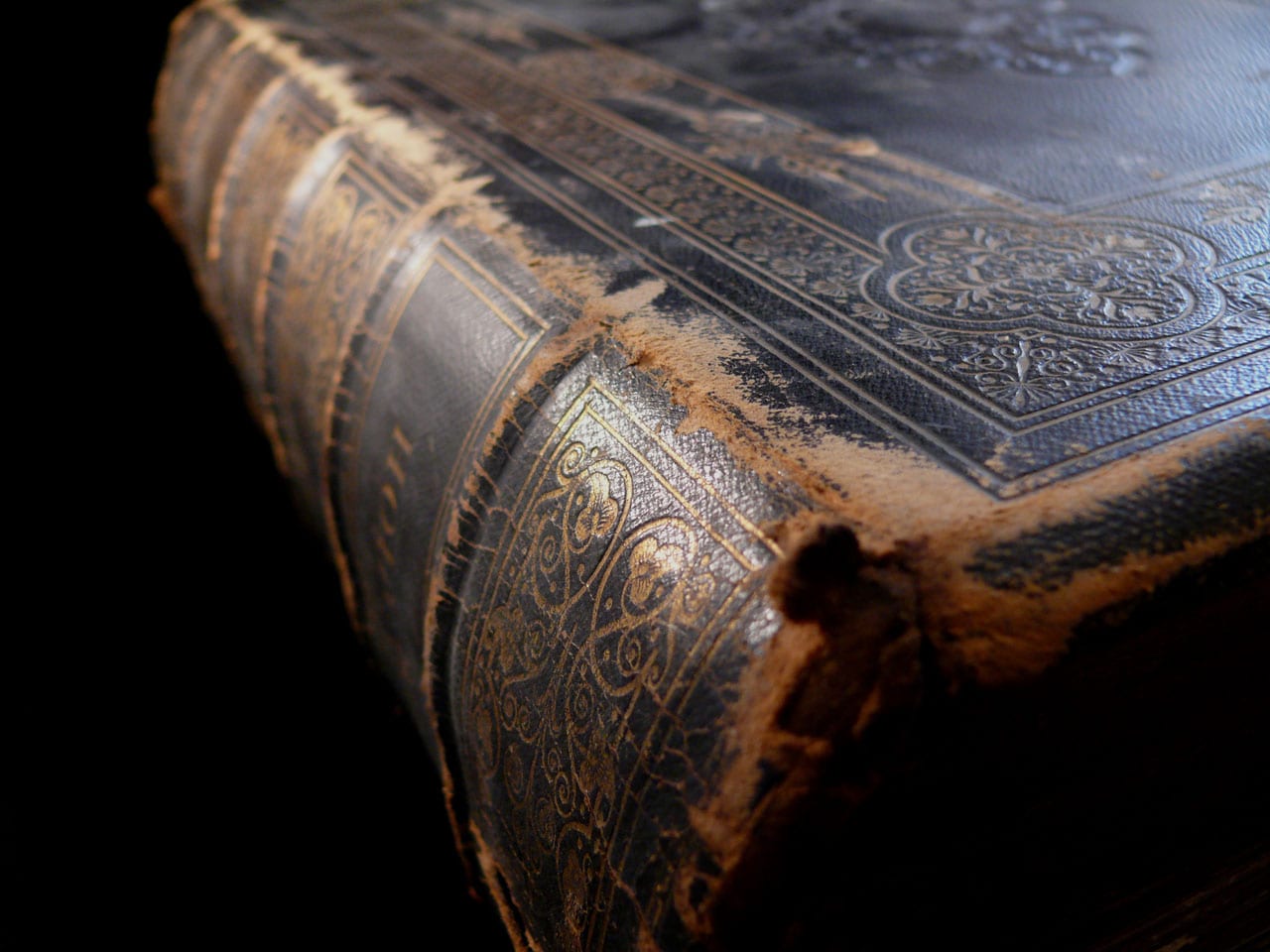The author adds, as a fourth reason which diminishes the authority of prodigies,
that there is no testimony for any, even those which have not been expressly detected, that is not opposed by an infinite number of witnesses; so that not only the miracle destroys the credit of the testimony, but even the testimony destroys itself. To make this the better understood, let us consider, that, in matters of religion, whatever is different is contrary, and that ’tis impossible the religions of antient Rome, of Turky, of Siam, and of China should, all of them, be established on any solid foundation. Every miracle, therefore, pretended to have been wrought in any of these religions (and all of them abound in miracles) as its direct scope is to establish the particular system to which it is attributed, so it has the same force, tho’ more indirectly, to overthrow every other system: in destroying a rival-system, it likewise destroys the credit of those miracles on which that system was established: so that all the prodigies of different religions are to be regarded as contrary facts, and the evidence of these prodigies, whether weak or strong, as opposite to each other.
This argument, he is apprehensive, will appear too subtle and refined: but the only fault of it is, that it has no foundation in truth. The author cannot name a single miracle, that was ever offered as a test of any of these religions, before their establishment, or to authorize any pretended prophet to teach such religion. Mahomet expressly disclaims this power in many places of his Koran. It appears from his manner of speaking of it, that he knew what advantage this pretence would give to his cause, and even felt the want of it: yet, with all the assistance that art and power could give him, he durst not hazard so dangerous an experiment. There is a wide difference betwixt establishing false miracles, by the help of a false religion, and establishing a false religion by the help of false miracles. Nothing is more easy than the former of these, or more difficult than the latter.
William Adams, An Essay in Answer to Mr. Hume’s Essay on Miracles, 3rd ed. (London: B. White, 1767), pp. 71-73.


